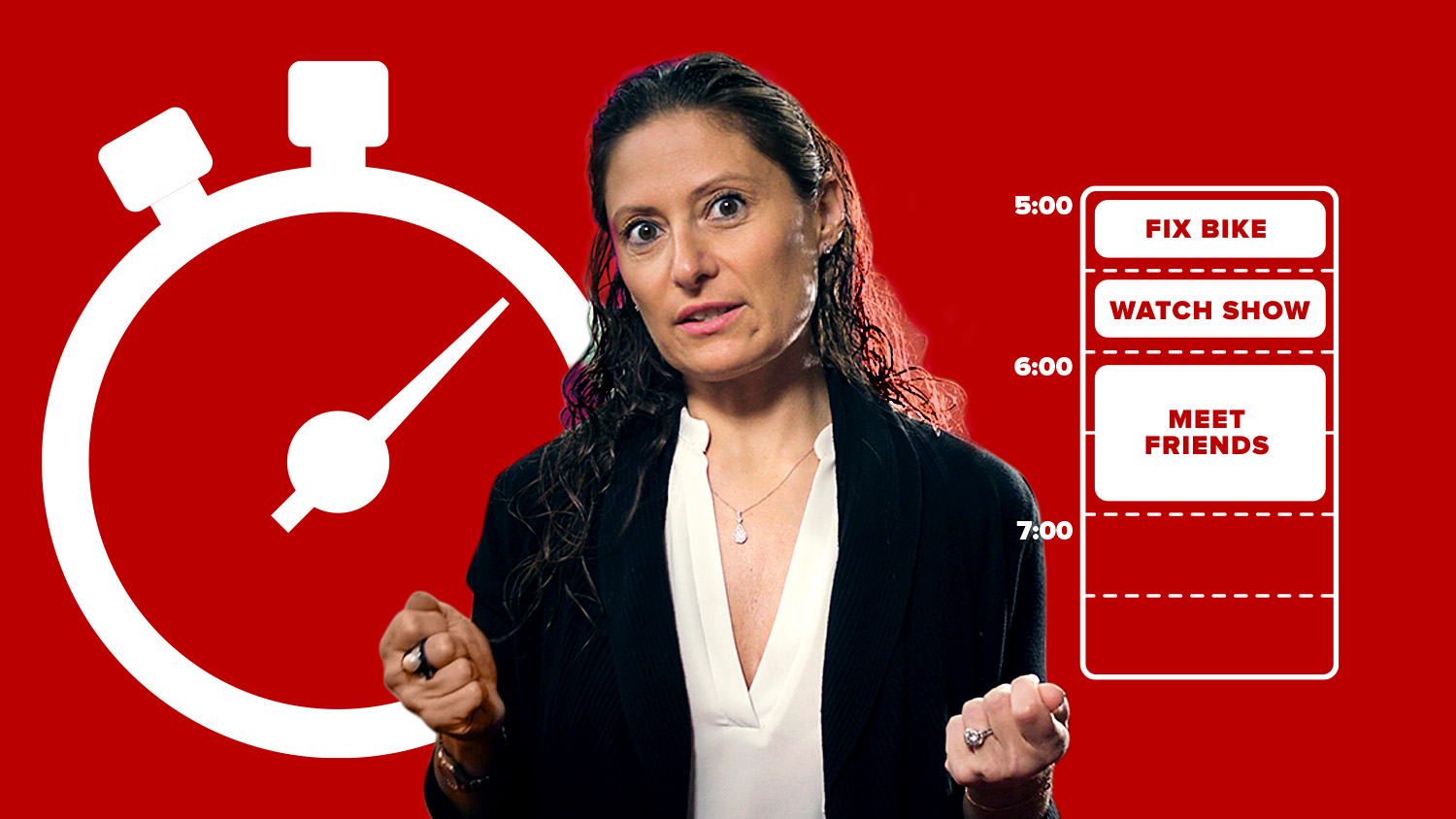Minute Professor: Wasting time
Does your calendar feel like it’s working against you?
There’s a full hour before your next meeting at work. If you’re like most people, though, you’ll squander that time.
Why?
“We seem to take a mental tax out of our time right before an appointment,” said Selin Malkoc, associate professor of marketing at Ohio State's Fisher College of Business. She co-authored a study that appeared in the Journal of Consumer Research.
“We figure something might come up, we might need some extra time, even when there’s no need to do that. As a result, we do less with the available time.”
In this Minute Professor, Malkoc suggests strategies for what you should do to change your habits. After watching, read on for more fascinating findings.
Subjective clock watching
Over a series of eight studies, researchers from Ohio State, Rutgers University and Washington University found that in the laboratory and in real life, time felt shorter to people when there was a task or appointment on their calendars.
For example, in an online study of 198 people, Malkoc and her colleagues asked some participants to imagine they had a friend coming over to visit in one hour and “you are all ready for your friend to come by.” Others were told that they had no plans for the evening.
All participants were asked how many minutes “objectively” they could spend reading during the next hour and how many minutes they “subjectively” felt like they could spend reading during that same hour.
“Regardless of whether they had a friend coming by or not, participants said that they objectively had about 50 minutes available to read,” Malkoc said.
“That’s an amazing finding right there. Most people didn’t think even objectively they had a full hour to read. People are putting a little ‘just-in-case’ time into their schedules when there is no real reason to do that.”
Chipping away at productivity
That finding and others from real-life studies suggest that looming tasks on our calendar make us less productive, according to Malkoc.
“We feel that if we have a meeting in two hours, we shouldn’t work on any big projects. So we may spend time just answering emails or doing things that aren’t as productive,” she said.
That may explain why, on days when we have meetings spread throughout, we feel like we have accomplished little. The problem is that we aren’t maximizing the time in between those meetings, she said.
One solution, she said, is to try to stack all your meetings together. That way, you have longer, uninterrupted times when you feel you can tackle the bigger projects on your agenda.
It is also good to remind yourself of how much time you really do have available.
“We seem to overestimate the things that might happen to take up our time, so we don’t get things done,” she said.
